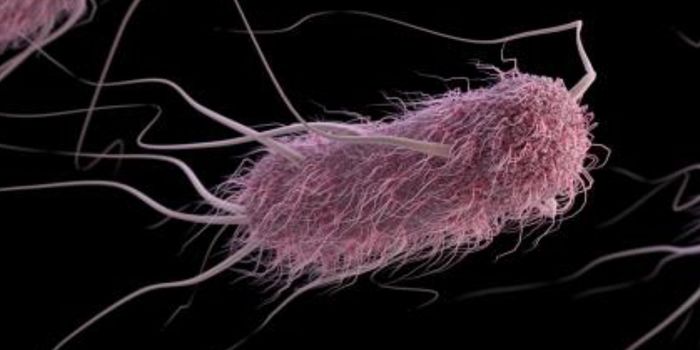Microbiome-Directed Food Could Help Prevent Malnutrition
The microbial community or microbiome in the human gastrointestinal tract develops with us as we grow, and it is essential to our health and well being. The gut microbiome has a powerful influence on physiology and has been linked to a variety of characteristics and conditions. A new study has highlighted the importance of the microbiome by showing that foods that nourish the gut microbiome can help prevent malnutrition. This study has confirmed similar, previous studies, and has also shown that the findings hold true for those who are severely malnourished. The research has been reported in Science Translational Medicine.
There is a clinical difference between moderate or severe acute malnutrition, which each affect about 40 million children, or 15 million children, respectively. Children who are severely malnourished are usually lethargic, emaciated, and may be unconscious or close to dying.
There are some therapeutic foods that have been created specifically for such children. They are known as ready-to-use therapeutic or supplementary foods (RUFs), and can usually be squeezed from a packet and are made of powdered milk, peanuts, oils, sugars, minerals, and vitamins; they are high in calories and essential nutrients.
Previous work has shown that the gut microbiomes of malnourished children also do not develop properly. While the composition of a healthy human gut microbiome can vary significantly from one person to another, certain characteristics like diversity among microbial species, and specific types of microbes have been linked to healthier gut microbiomes while other microbes are known to be harmful.
When the researchers transferred fecal samples from severely malnourished children into a mouse model that lacked its own gut microbes, these mice did not develop normal muscles or immune systems compared to mice given fecal samples from nourished children.
A clinical trial performed in Bangladesh provided a mixture of local foods that stimulate the gut microbiome, such as bananas, chickpeas, and soy flour to malnourished children. These children were found to have gained weight faster than children who were given RUFs. There were also beneficial changes in kids who ate the microbiome-boosting foods compared to those who ate RUFs when a set of 700 biomarkers were assessed. A followup study showed that these findings held true after two years.
Scientists have also studied the impacts of these foods on severely malnourished children. After the kids were treated for any health conditions they had, such as infections, they were given either the microbiome-stimulating food or RUFs. The children fed the diet that was tailored to benefit the microbiome once again gained weight faster and had higher levels of beneficial developmental biomarkers than the group given RUFs.
The investigators also want to learn more about how the diet works. While there is much more work to be done, initial results have revealed that a specific bacterium called Prevotella copri might be especially good for these kids, because it triggers a set of genes, and the expression of the proteins they encode for, to break down the carbohydrates in the food that the children are fed.
In a mouse model, the addition of P. copri activated genes in the intestine to digest the parts of food like carbohydrates, proteins, and fatty acids, promoting growth. As carbohydrates are broken down by P. copri, it may aid the growth of other gut microbes as well.
The researchers are continuing this work, and also want to develop strategies to introduce more food supplements that aid the microbiome to communities that need them.
Sources: Science, Science Translational Medicine









